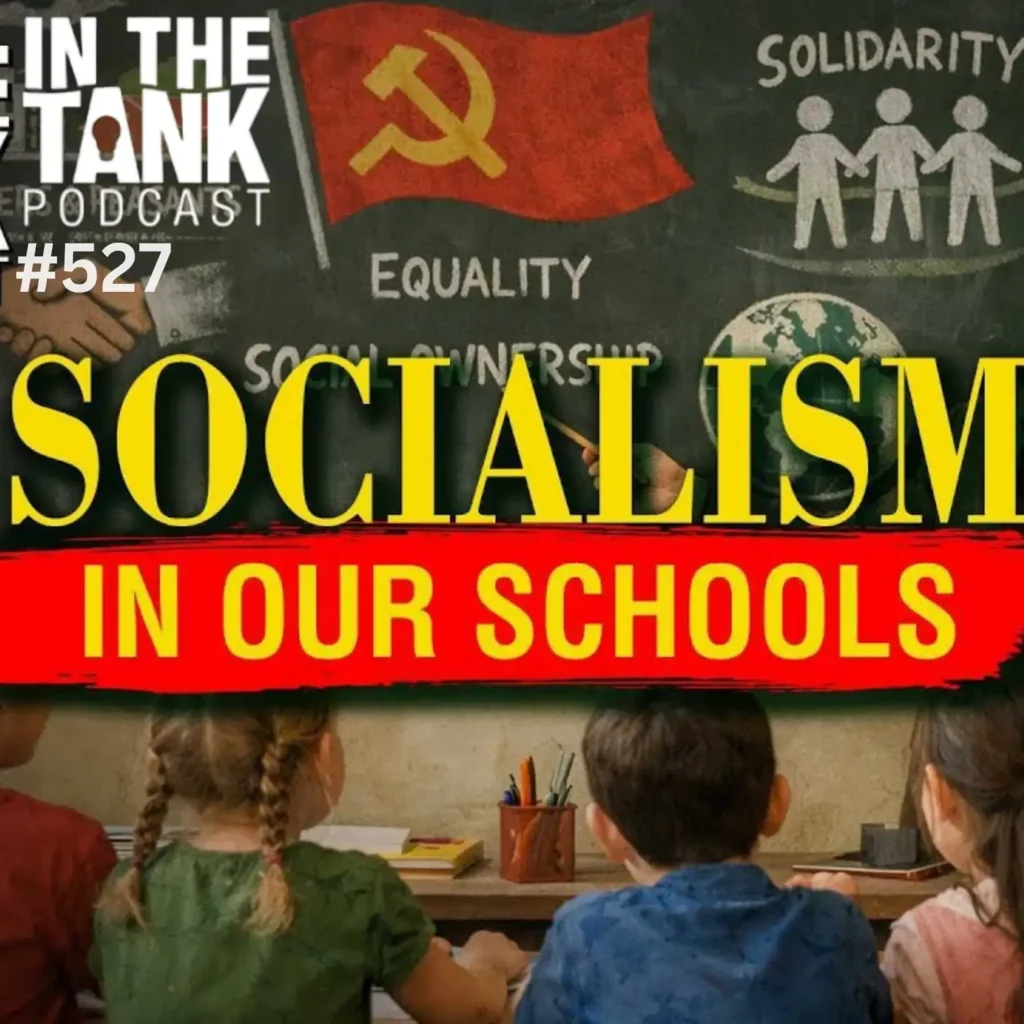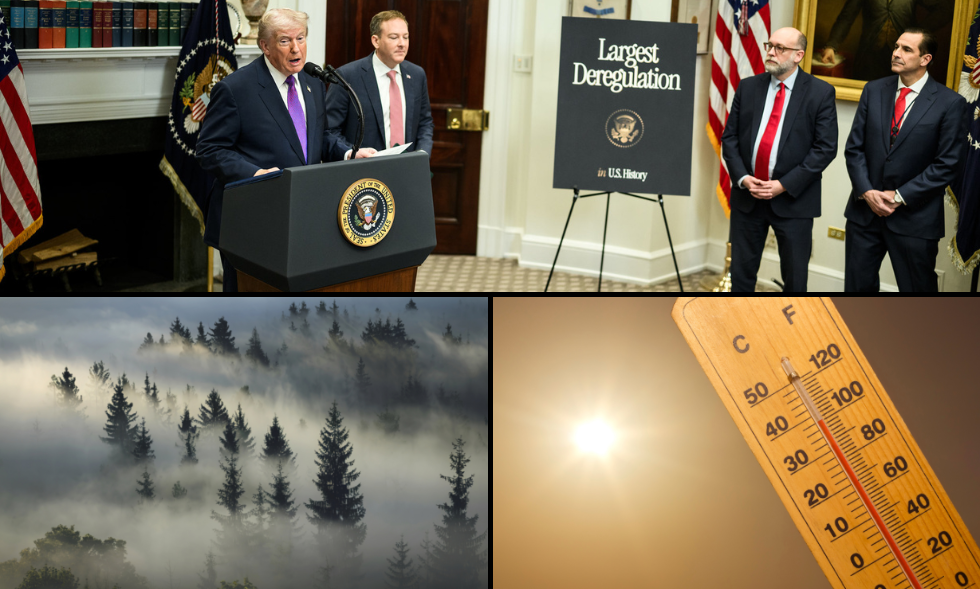An annual study conducted by an international group of non-partisan think-tanks found, shockingly, that the United States, once rated as the third most economically free nation in the world, is now little more free than the United Kingdom and other big-government European nations.
Each year, the Economic Freedom of the World Annual Report is released by the Canadian free-market think-tank Fraser Institute, the Cato Institute, and the international Economic Freedom Network.
Compiling objective data from over 150 countries, the annual survey attempts to quantify the degree of personal economic freedom in five primary categories: “size of government,” “legal system and security of property rights,” “sound money,” “freedom to trade internationally,” and “regulation.”
10-Point Scale
Each of the areas contains several subcategories. with a total of 42 variables used determine each country’s “EFW” ranking. Countries’ scores are then calculated on a 10-point scale, with “10” being a country with maximal economic freedom.
According to the study, “the data used to construct the index ratings are from external sources such as the International Monetary Fund, World Bank, and World Economic Forum that provide data for a large number of countries. Data provided directly from a source within a country are rarely used.”
Overall, economic freedom has increased across the world, increasing from 2000’s average rating of 5.78 to the current global average of 6.84. However, as the world becomes more free, the United States is on an opposite trend. In 1990 the US ranked at 8.43 overall, peaked in 2000 at 8.6, but had fallen to 7.81 by 2012.
While all five areas showed some decline, the worst was in Area 2, “Legal System and Security of Property Rights.” In 2000, the US was ranked at 9.23, the ninth highest in the world. However, by 2012, the country’s rating had tumbled to 6.99 out of 10 possible points, or thirty-sixth overall.
To contrast, Saudi Arabia’s defense of citizens’ property rights received a 7.3 rating. In this area, Oman received a 7.6 score, and the United Arab Emirates a score of 7.7.
Eroding Incentive to Produce
Other areas of study in which the U.S. showed the most declines include categories measuring “how effectively the protective functions of government are performed,” explaining “when individuals and businesses lack confidence that contracts will be enforced and the fruits of their productive efforts protected, their incentive to engage in productive activity is eroded.”
Synthesizing data from commercial risk forecasting firms, the World Economic Forum, and the World Bank, the study determined that the strength of property rights and legal contracts has declined significantly, as has the impartiality and independence of judges. Between 2000 and 2012, the score assigned to the impartiality of the U.S. court system had plummeted by 34.8 percent, falling from 9.02 to 5.88.
Additionally, other disturbing trends emerge when data is compared between the U.S. and other countries. For example, despite the humanitarian abuses and lack of equal rights for Saudi Arabian women, courts in the United States are barely more impartial and fair than those found there.
The study’s authors note that, “to a large degree, the United States has experienced a significant move away from rule of law and toward a highly regulated, politicized, and heavily policed state.” The decline in Americans’ liberty does not occur in a vacuum, however. The study notes that “scholarly work on this topic indicates that a one-point decline in the EFW rating is associated with a reduction in the long-term growth of GDP of between 1.0 and 1.5 percentage points annually,” concluding that the United States’ decreasing economic liberty may result in significant economic stagnation.
Dotty Young ([email protected]) writes from Ashland, Ohio.
Internet Info:
“Economic Freedom of the World: 2014 Annual Report,” James Gwartney, Cato Institute: http://heartland.org/policy-documents/economic-freedom-world-2014-annual-report




